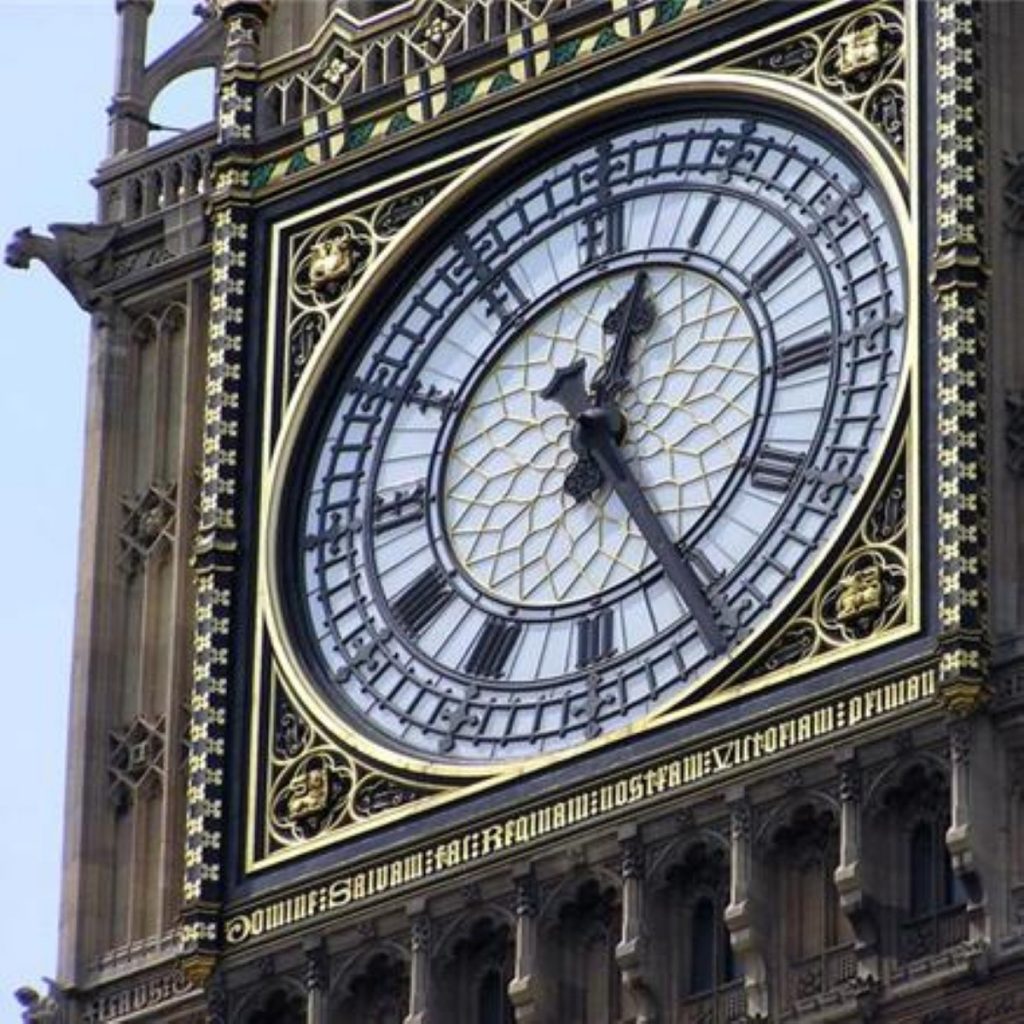She lasted six days: Child abuse chair steps down over conflict of interest
The government's child abuse inquiry was in danger of turning into a farce today, after its chair had to step down less than a week after being announced.
Elizabeth Butler Sloss was called on to resign almost as soon as she took the job because her brother, Michael Havers, was Margaret Thatcher's attorney general from 1979 to 1987, when many of the allegations were taking place.
Concerns about her grew when the Times reported over the weekend that she kept allegations about a bishop out of a Church of England review because she apparently "cared about the Church".
No 10 insisted this morning that she had come to the decision on her own and told the home secretary over the weekend.


The government appeared to have been caught completely unawares by how her brother's role in Thatcher's government might make her unsuitable for the role.
In fact, its promotion of Sloss' qualities shows how badly it failed to understand what the sex-abuse case is all about.
It touted the fact that she comes from a distinguished legal family. In a story about establishment cover-ups, the government was still so blinded to public sentiment that it thought membership of the establishment was a positive attribute. That suggests something daunting about the gulf separating the public from Westminster.
It's generally accepted that the figure heading the inquiry should be a woman and not be a serving judge, which is why Sloss, a retired judge, was considered appropriate. It is revealing that this pair of limitations so shrivelled up the options available to the government. Putting in place someone from outside the establishment, like Liberty's Shami Chakrabati, was evidently unthinkable.
It is remarkable how closely the faults of the inquiry reflect the societal problems it is attempting to address.
Theresa May appeared in front of the home affairs committee this afternoon. Chair Keith Vaz asked the home secretary if it was wise to have appointed a parliamentarian (Butler-Sloss is a cross-bench peer), especially given the probity May exhibited when she refused to read a report into allegations of sexual abuse by members of parliament because they could be former colleagues.
Vaz said:
"What is surprising is if you'd asked anyone the question about appointing Butler-Sloss, the first thing they'd have said is she's a member of this House, secondly her brother was attorney general at a time when allegations were being considered. No government minister went on TV to defend this appointment you made. I didn't see you going forward to defend your choice."
May replied:
"The Home Office was very clear. We absolutely defended Sloss' appointment. Of course we did. I continue to believe she'd have done an excellent job."
Vaz replied:
"Look how careful you were last year when offered report with names of senior politicians. You decided to turn your face away from it. Yet you appointed someone with strong connections to the British establishment."
May said:
"I do not regret the decision I made. I continue to believe she'd have done an excellent job as chair of this inquiry. I respect the decision. I'm disappointed but I respect it."
Labour member David Winnick asked if May was even aware of the brother connection when she made the appointment. May wouldn't answer the question but it appears she wasn't.
"This is an issue that’s been raised in last few days," she said.
Winnick replied: "We take that to be a 'no'."
May said: "I've answered the question the way I wish to answer it."
Winnick and Vaz asked her the question several more times, but to no avail. May constantly harked back to Butler-Sloss' integrity, a matter which was not really under discussion.
Sloss' full statement is below:
"I was honoured to be invited by the home secretary to chair the wide-ranging inquiry about child sexual abuse and hoped I could make a useful contribution.
"It has become apparent over the last few days, however, that there is a widespread perception, particularly among victim and survivor groups, that I am not the right person to chair the inquiry. It has also become clear to me that I did not sufficiently consider whether my background and the fact my brother had been attorney general would cause difficulties.
"This is a victim-orientated inquiry and those who wish to be heard must have confidence that the members of the panel will pay proper regard to their concerns and give appropriate advice to government.
"Nor should media attention be allowed to be diverted from the extremely important issues at stake, namely whether enough has been done to protect children from sexual abuse and hold to account those who commit these appalling crimes.
"Having listened to the concerns of victim and survivor groups and the criticisms of MPs and the media, I have come to the conclusion that I should not chair this inquiry and have so informed the home secretary.
"I should like to add that I have dedicated my life to public service, to the pursuit of justice and to protecting the rights of children and families and I wish the inquiry success in its important work."









